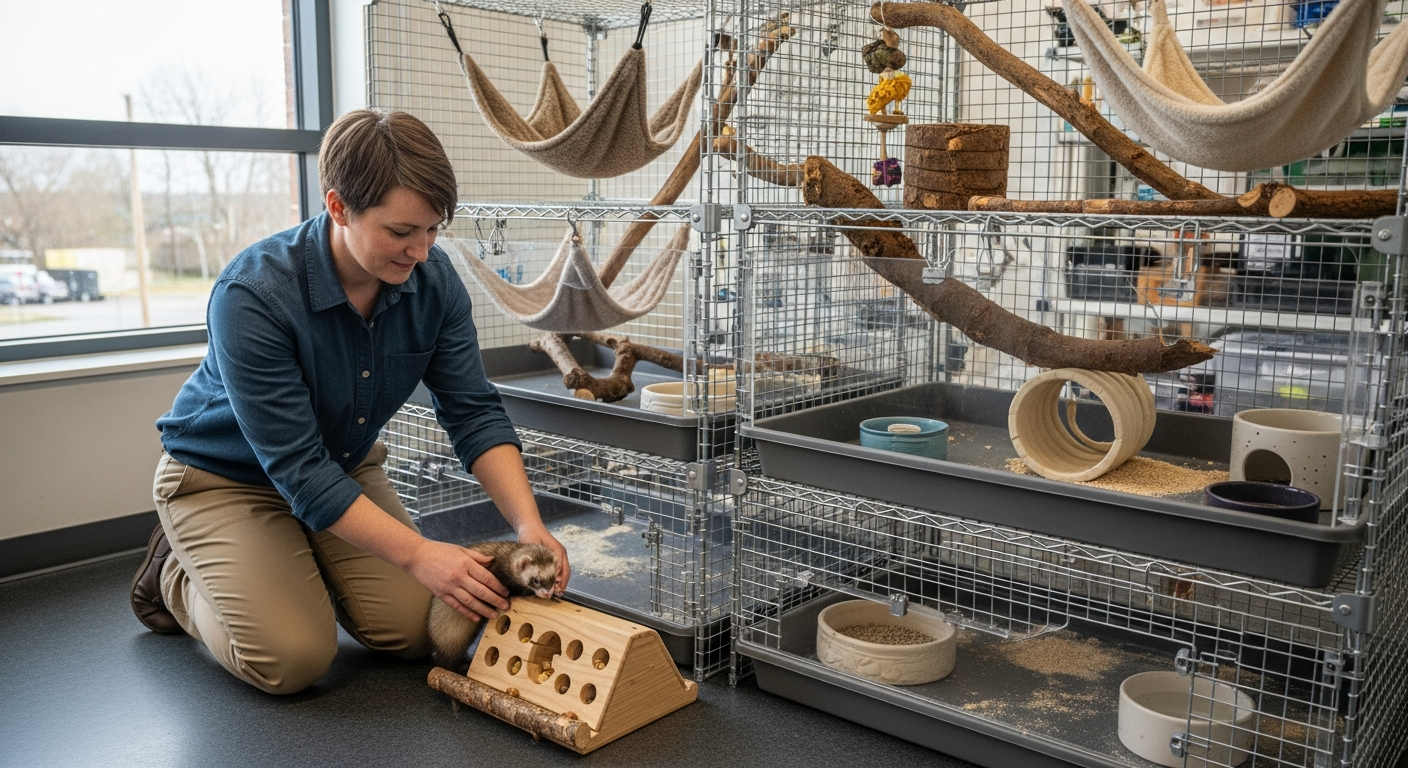Thriving in the Age of Automation: Adapting Your Skills for the Future
In an era where automation is redefining the job market, how can you future-proof your career? This article explores the rise of automation, its implications for job seekers, and strategies for staying relevant in an ever-changing professional landscape.
The Dawn of Automation: A Historical Perspective
The concept of automation is not new. The industrial revolution marked the first significant shift towards automated work, with machinery taking over manual labor in many industries. Fast forward to the 21st century, and we’re witnessing another significant shift with the advent of Artificial Intelligence (AI) and robotics. Automation now permeates various sectors, including healthcare, manufacturing, finance, and even creative industries.
The Current State of the Job Market
Automation has brought about significant changes to the job market. According to a report by McKinsey Global Institute, about 60% of occupations could see at least one-third of their activities automated. This shift has created a sense of uncertainty among professionals, as it’s unclear what the future holds for many roles.
However, amidst the concerns, opportunities are arising. Just as the industrial revolution created new jobs, the automation era is also paving the way for roles that didn’t exist a few years ago. Data analysts, AI specialists, and robotics engineers are just a few examples.
Adapting to Automation: Strategies for Success
While the rise of automation can seem daunting, it doesn’t spell doom for human labor. Instead, it emphasizes the need for adaptability. Here are some strategies to help you navigate the automation age:
Upskilling and Reskilling
Upskilling involves enhancing your existing skills to meet the demands of your current job, while reskilling involves learning new skills to transition into a different role. Both are crucial in an age where the skills needed for many jobs are rapidly evolving.
Emphasizing Soft Skills
While machines excel at tasks involving data and predictability, they lag in areas requiring human-like qualities. Skills like emotional intelligence, critical thinking, creativity, and leadership are likely to remain in demand, regardless of how much technology advances.
Remaining Curious and Open to Learning
Automation is driving the shift towards a learning economy, where the ability to acquire new knowledge and skills is more valuable than ever. Adopting a growth mindset and staying curious can help you adapt as industries evolve.
The Future of Work: A Balanced Perspective
While it’s essential to prepare for automation, it’s equally important not to overstate its impact. The future of work will likely involve a blend of human skills and machine capabilities, creating a symbiotic relationship that enhances productivity and innovation. By understanding the trends and adapting your skills accordingly, you can not only survive but thrive in the age of automation.







